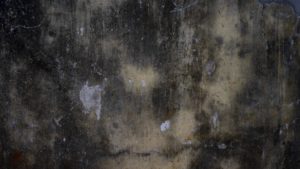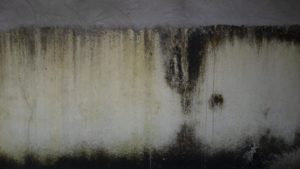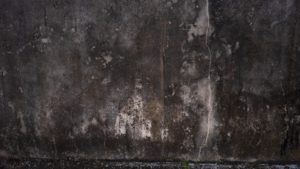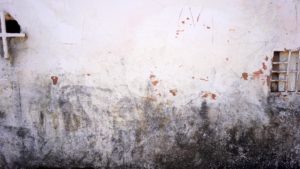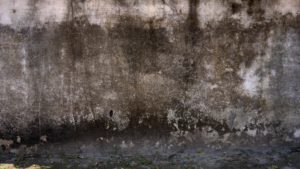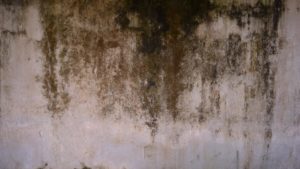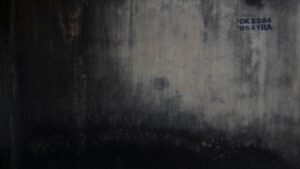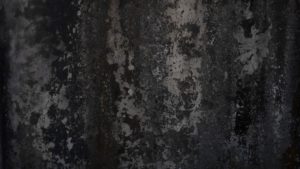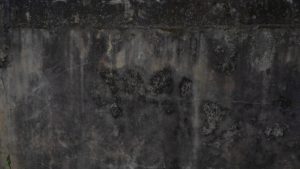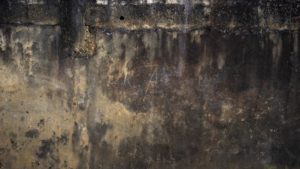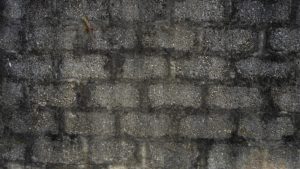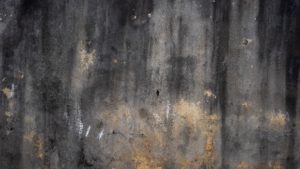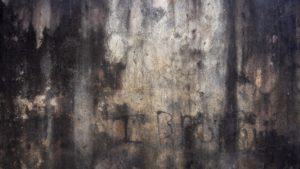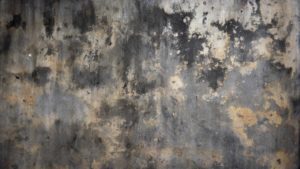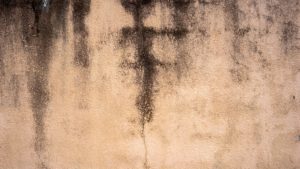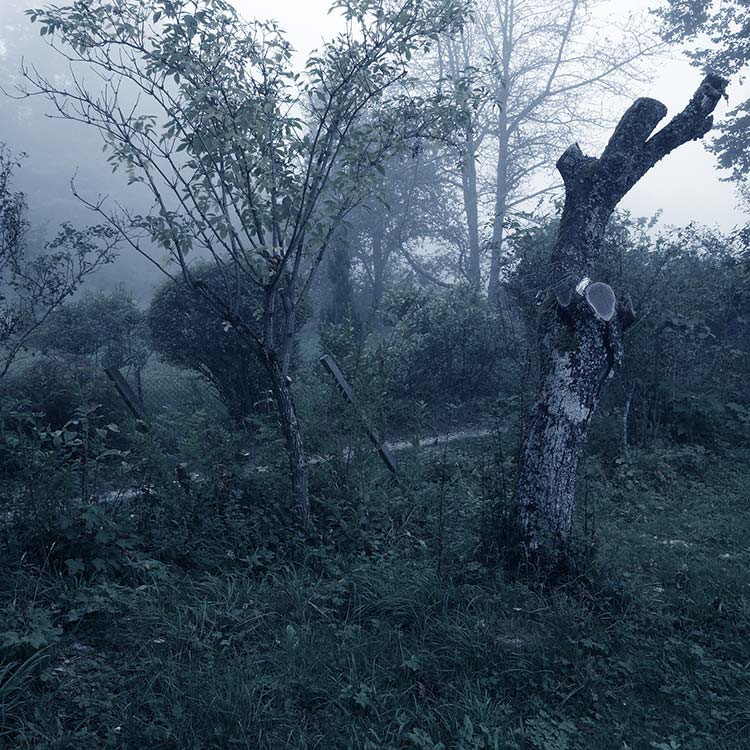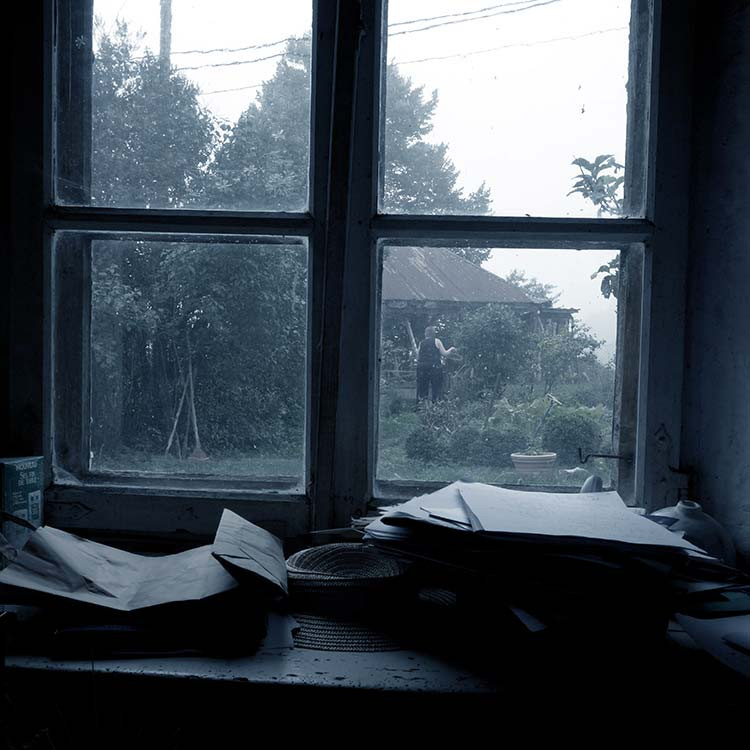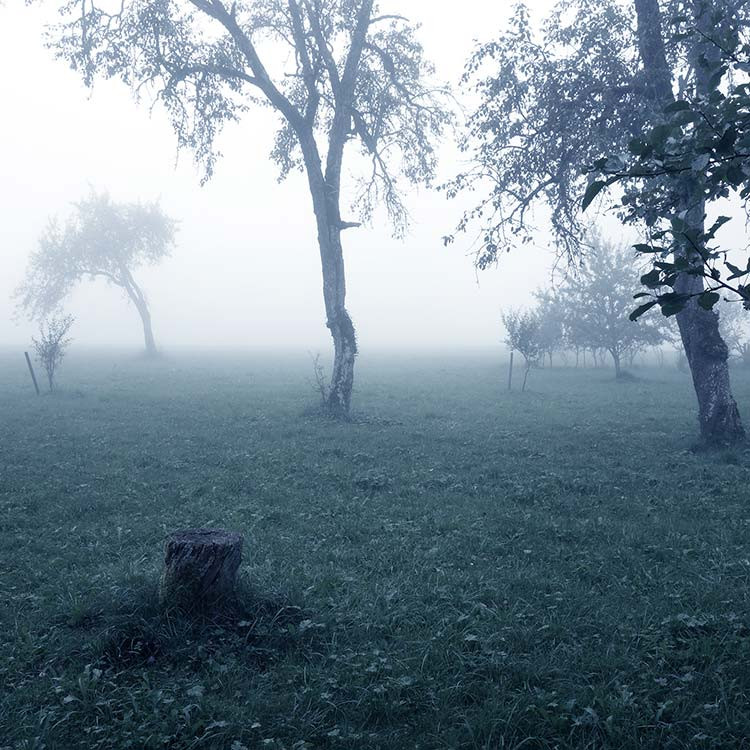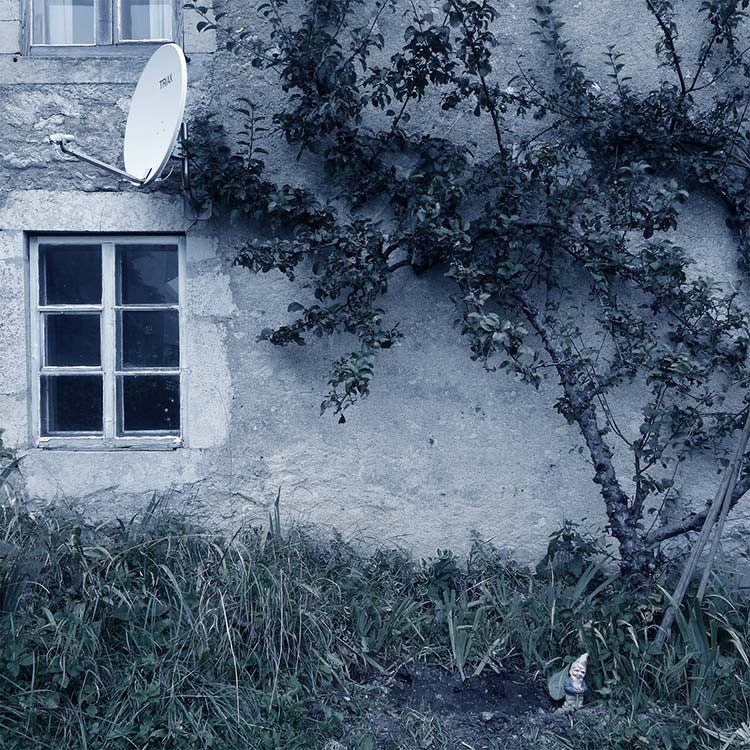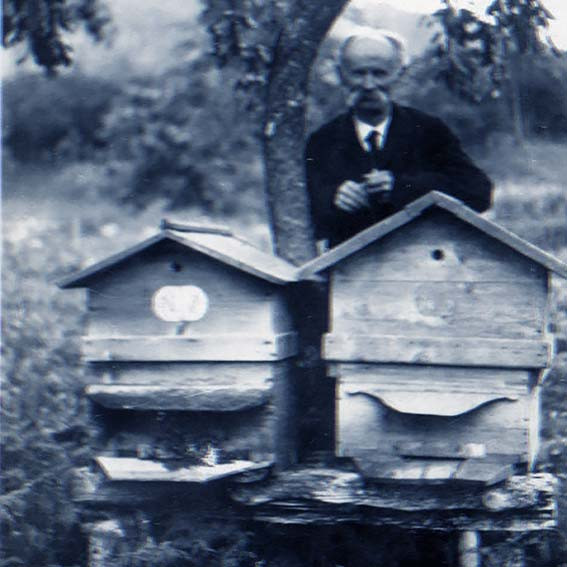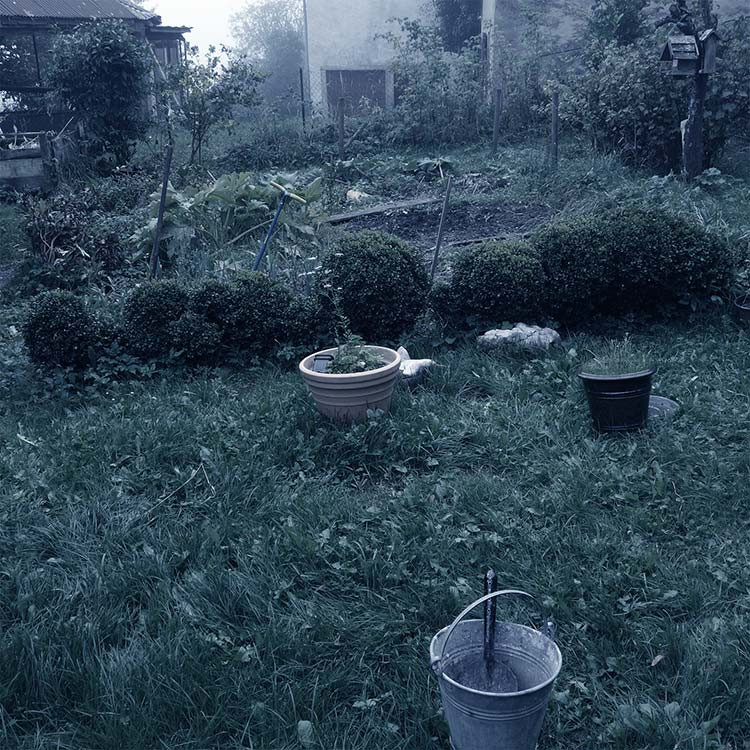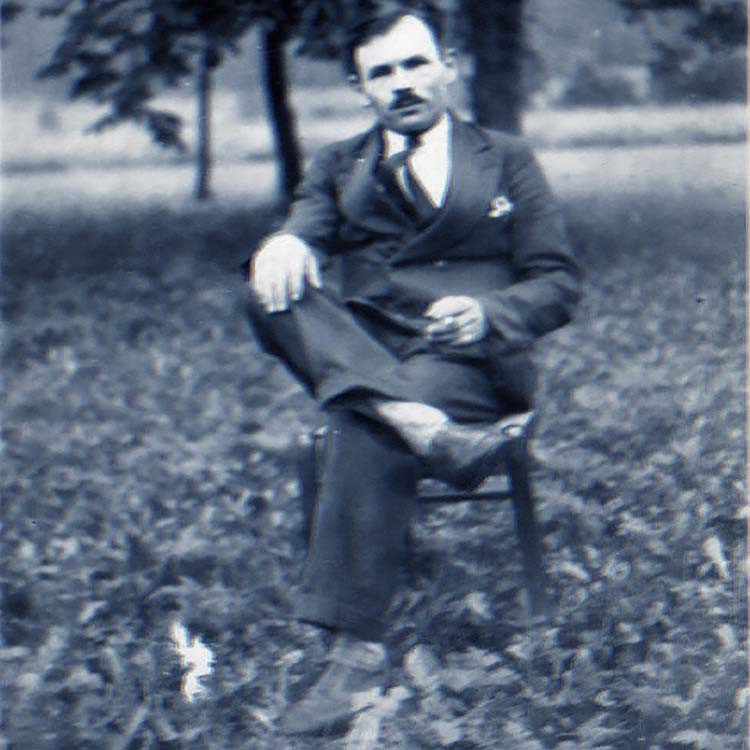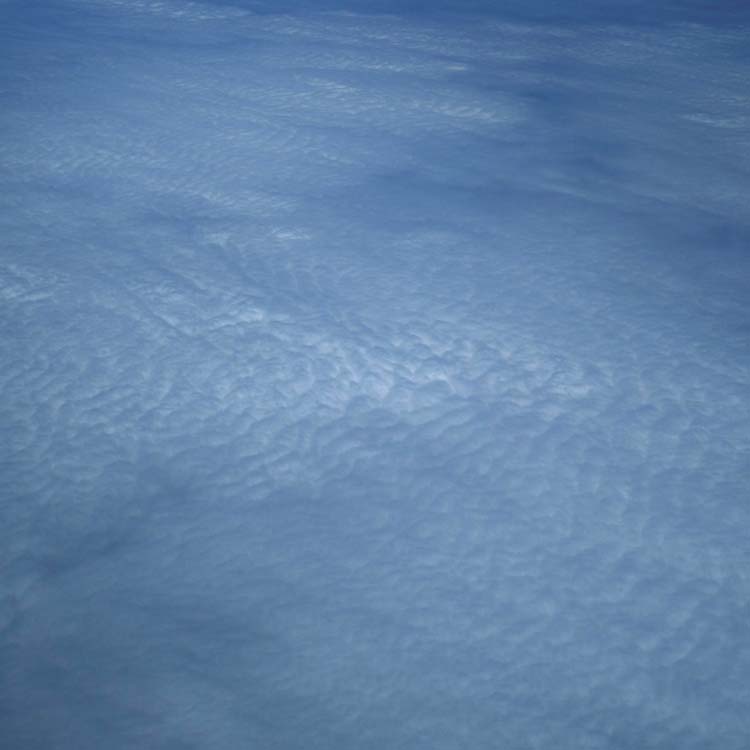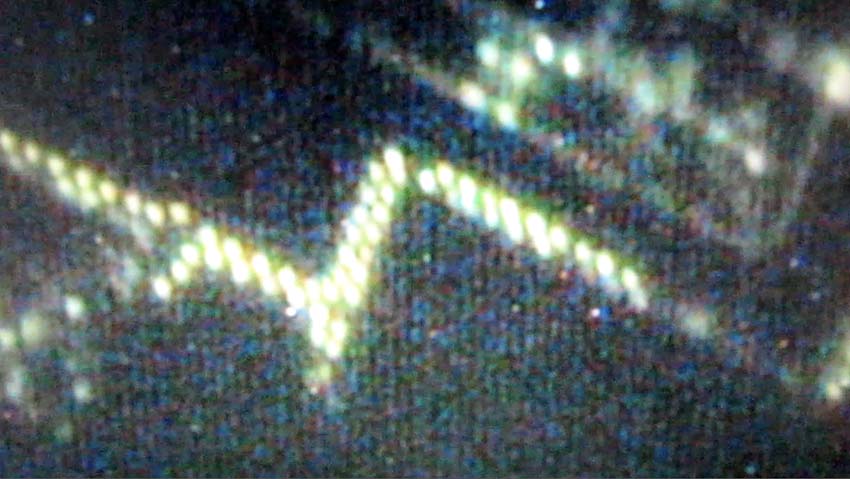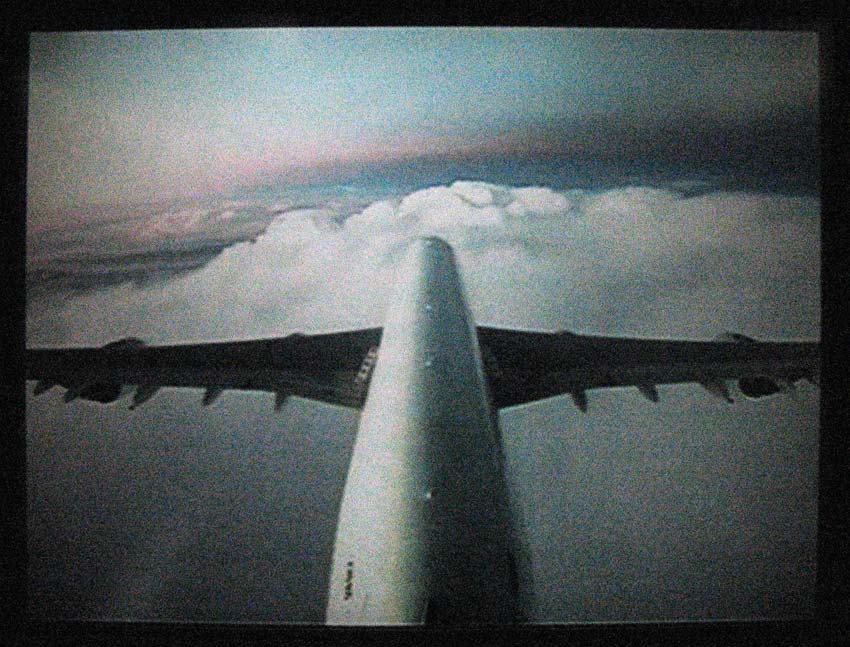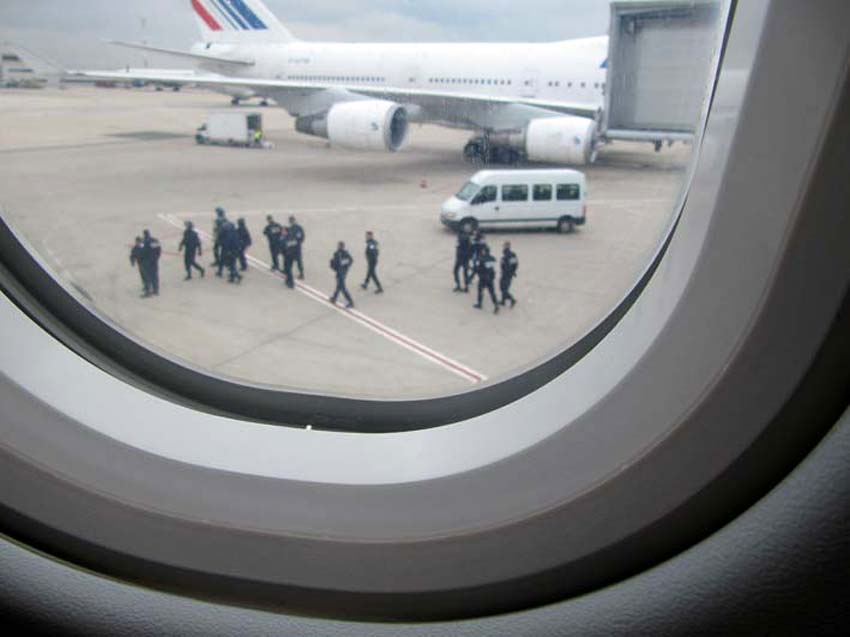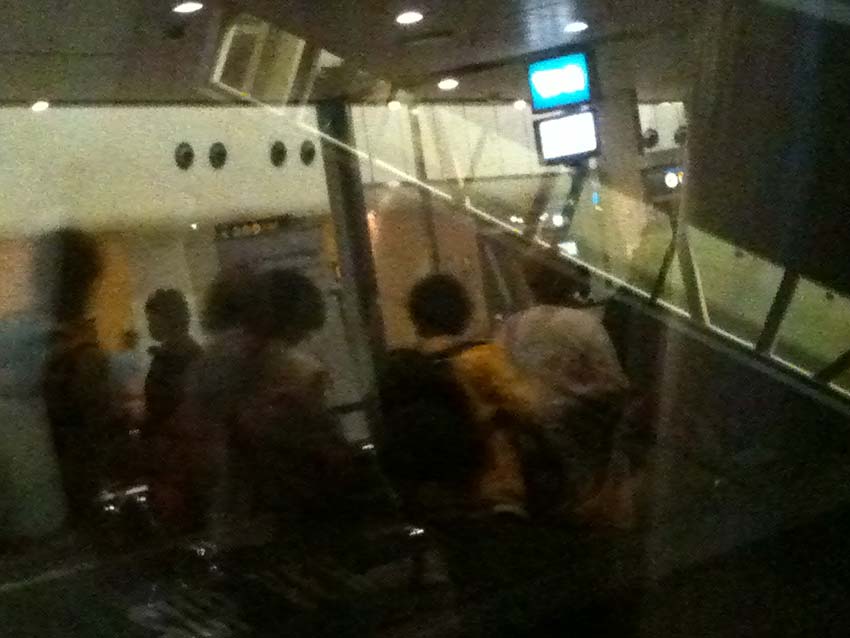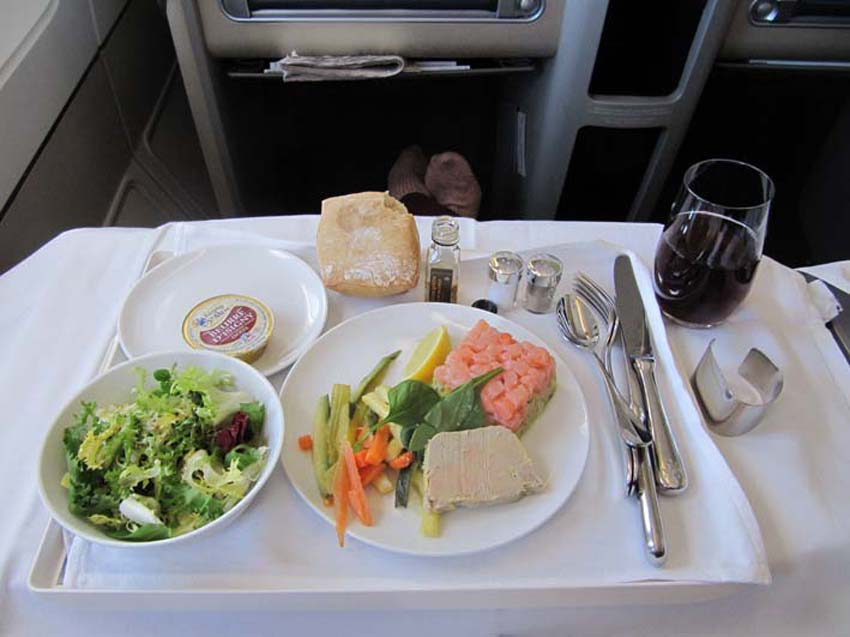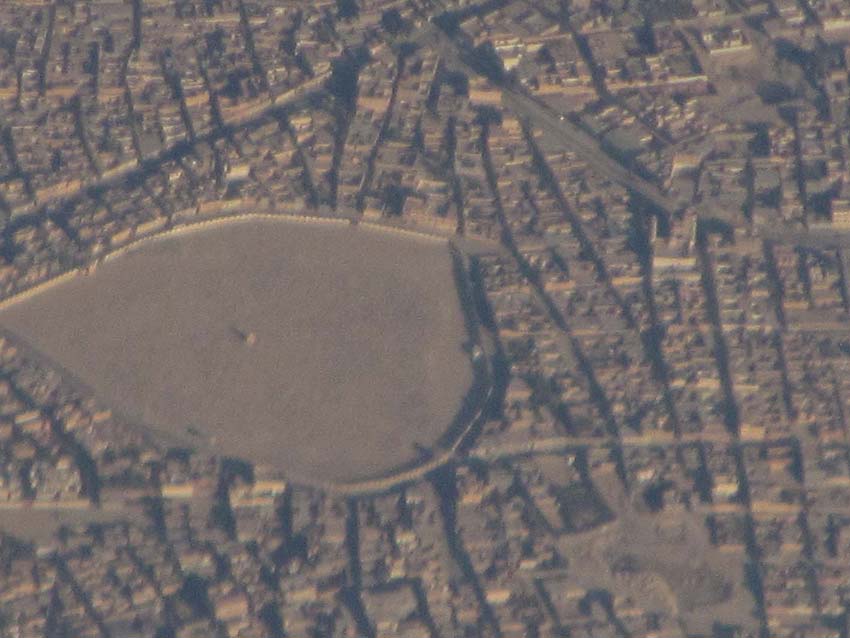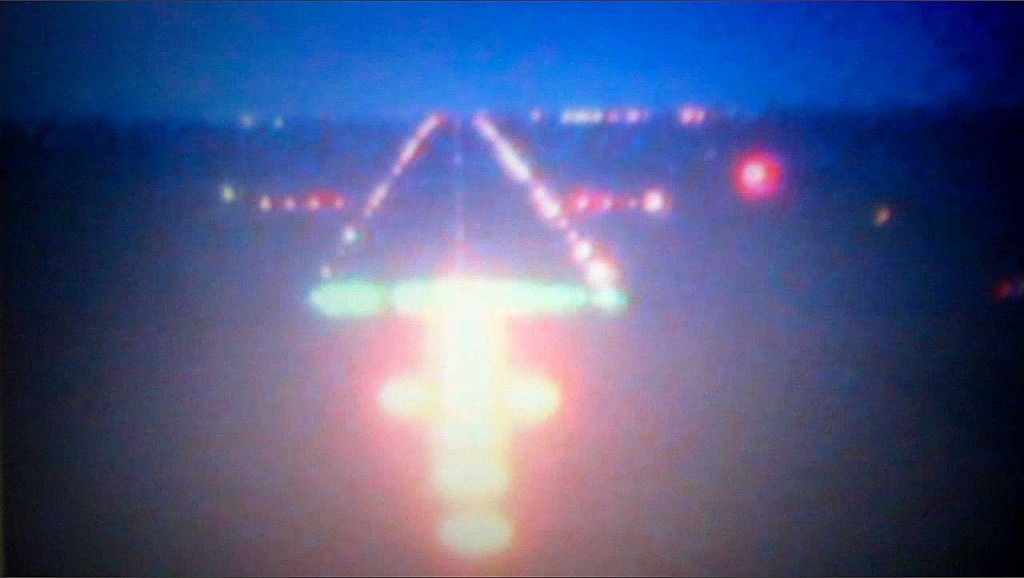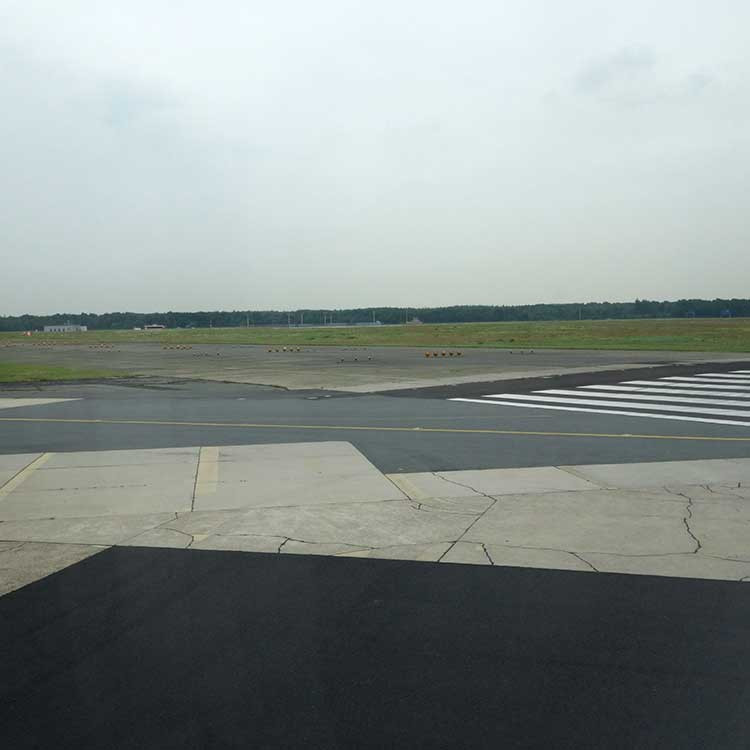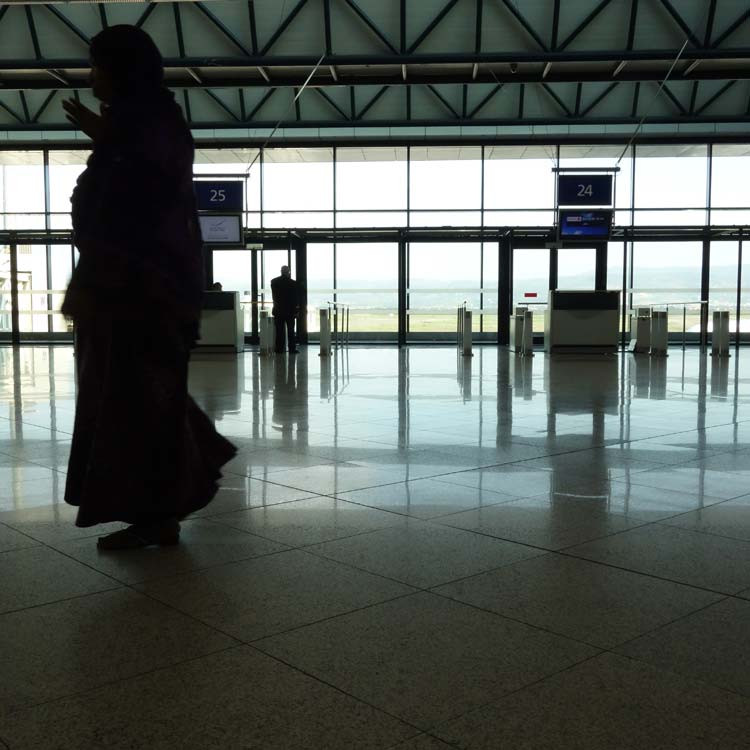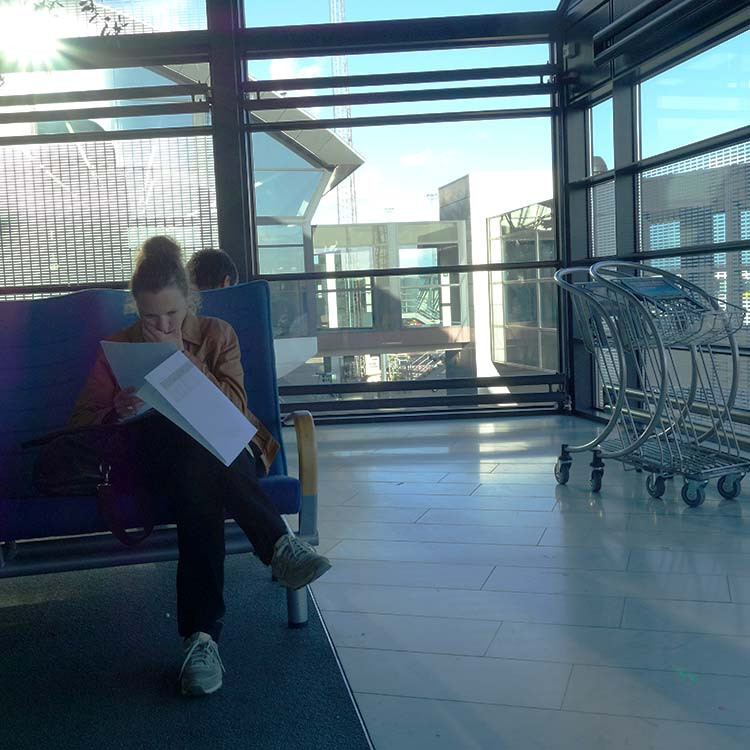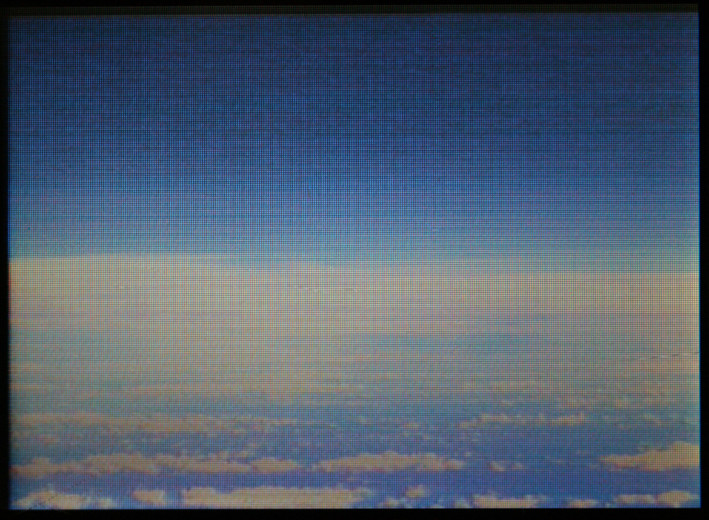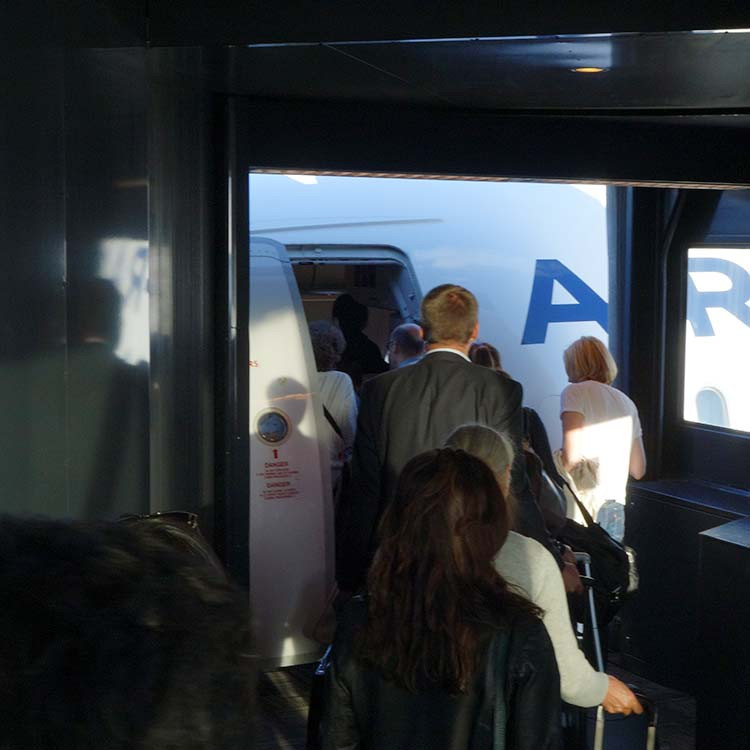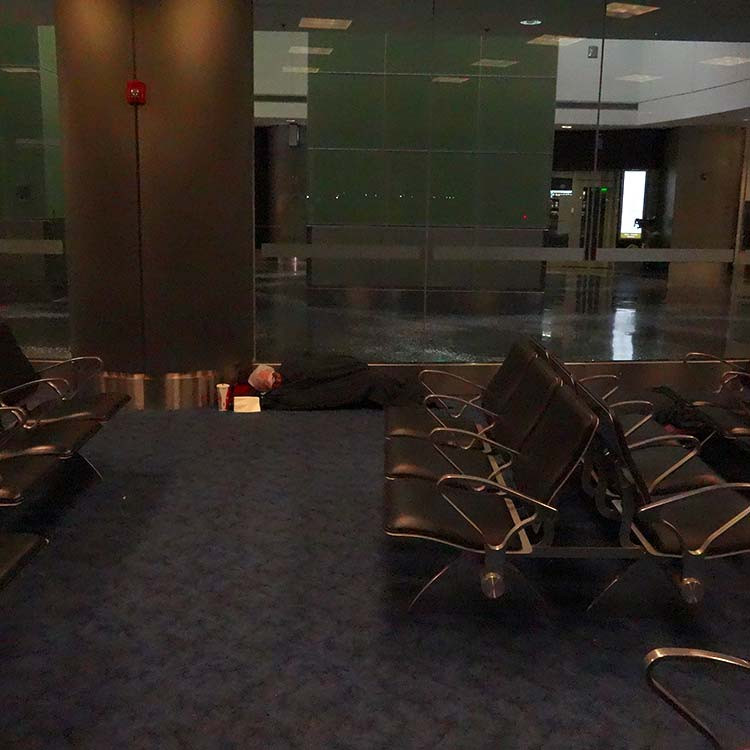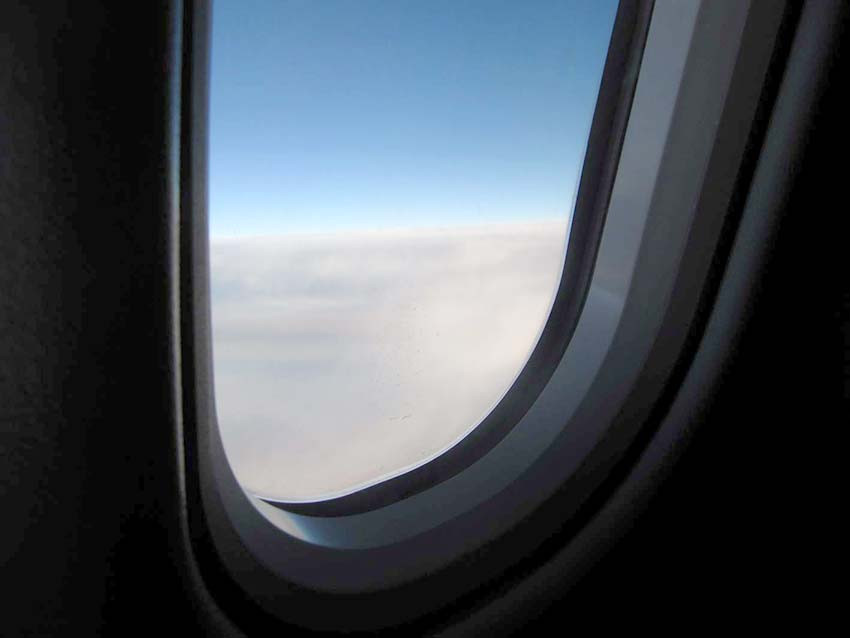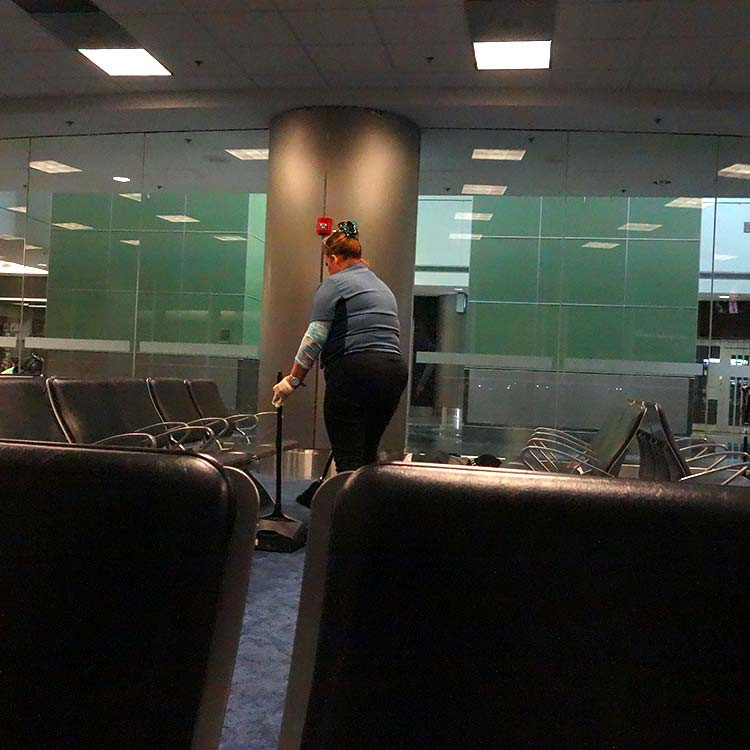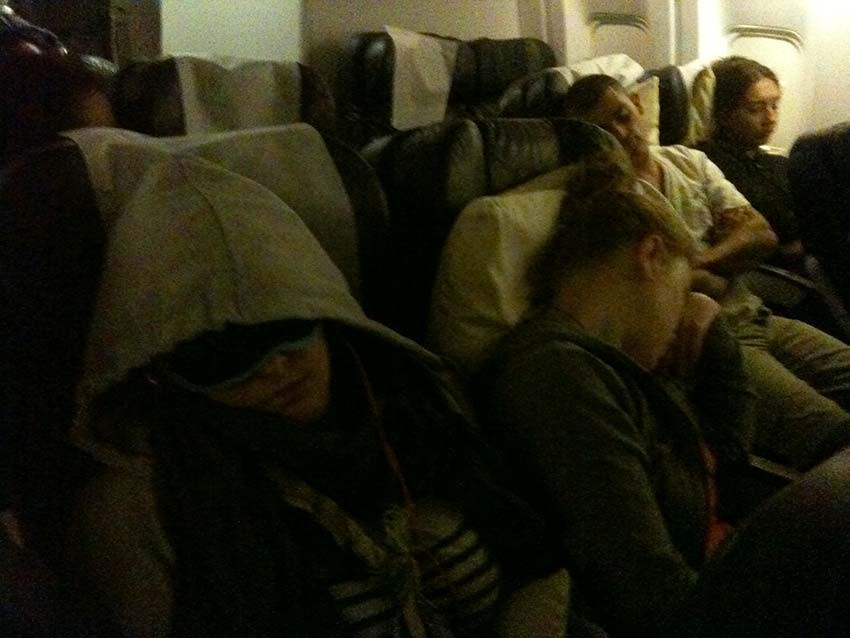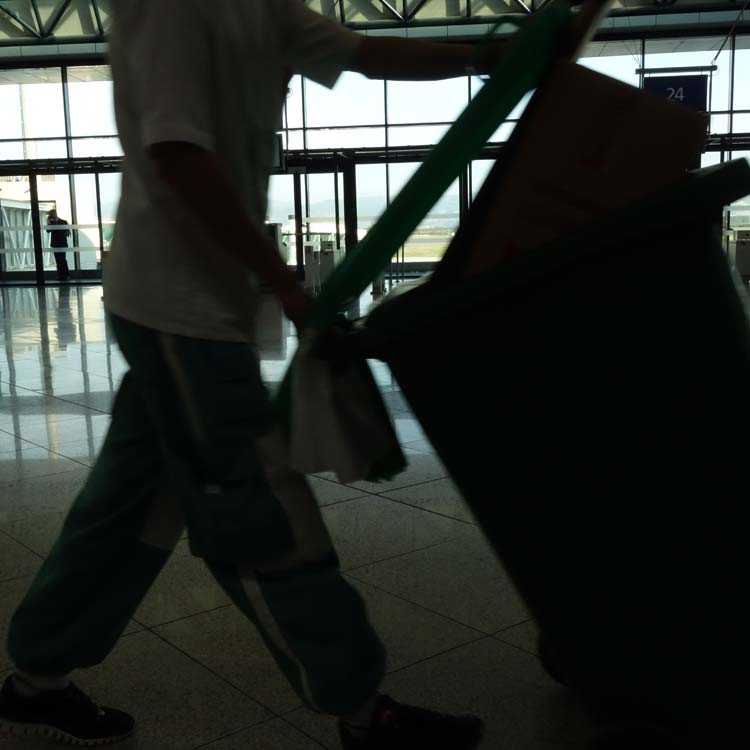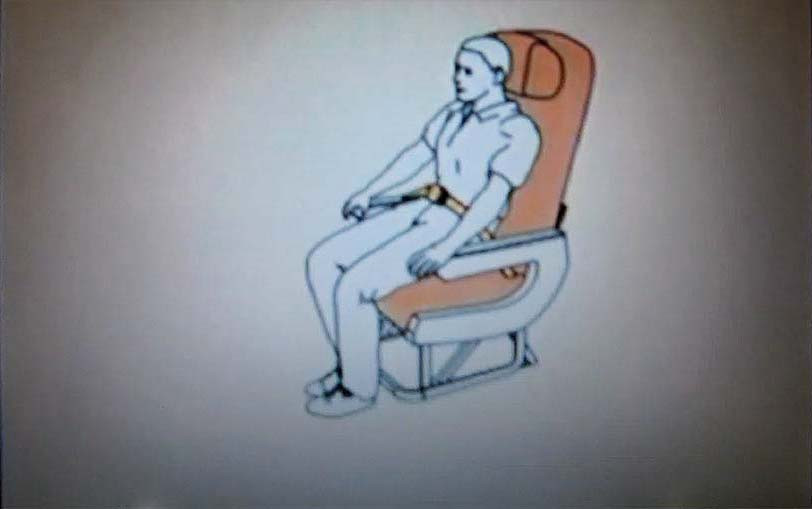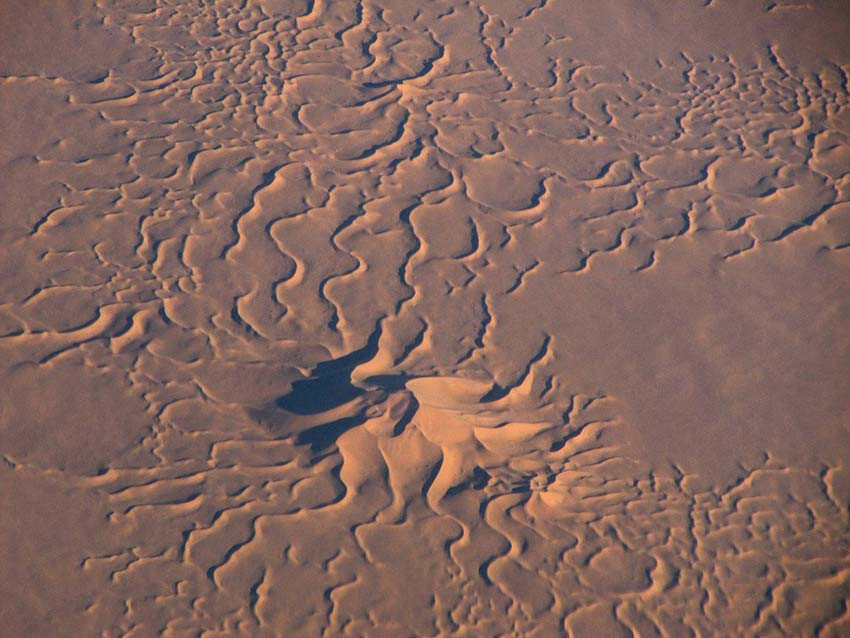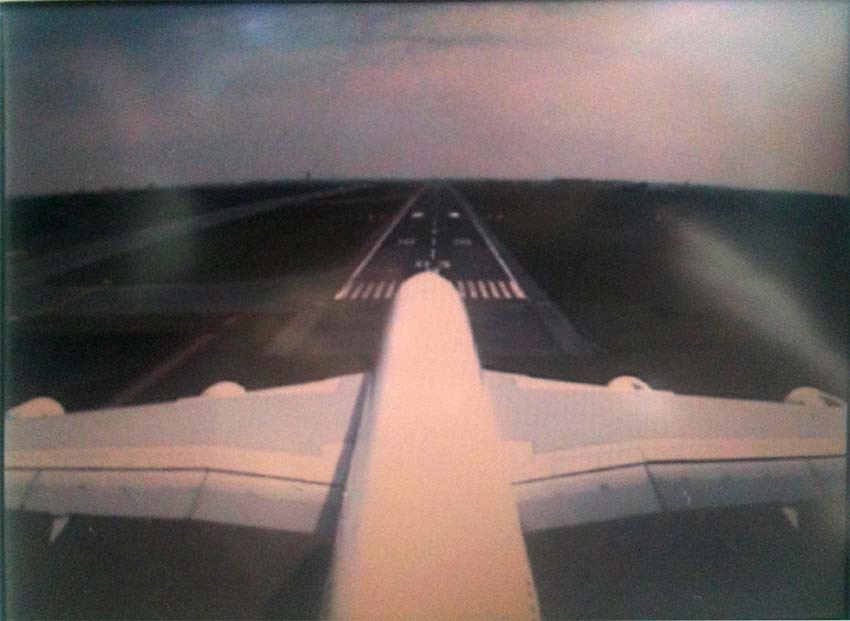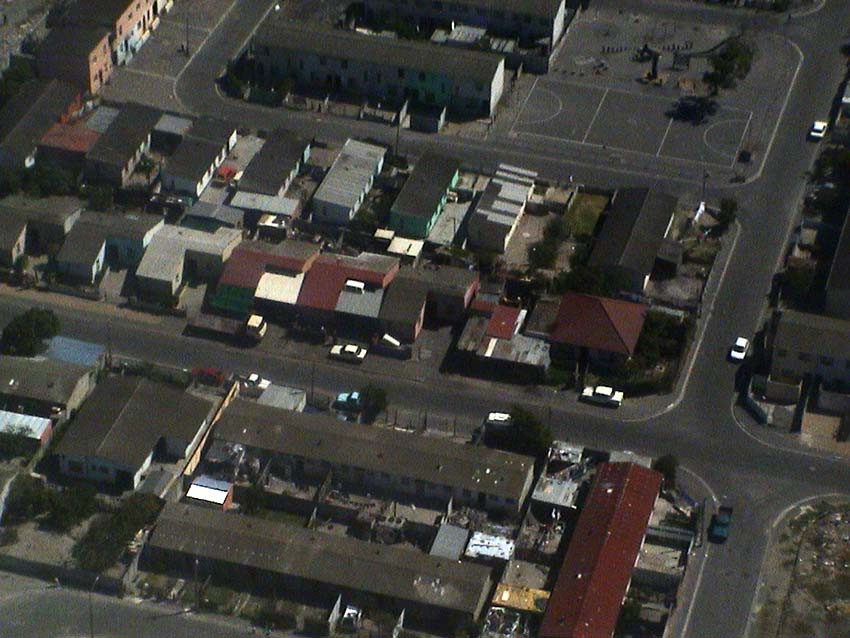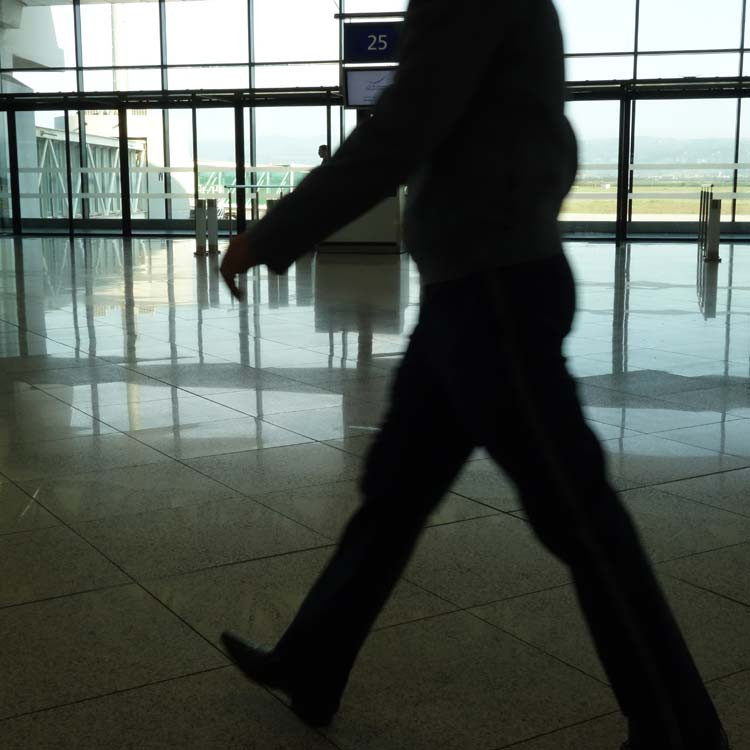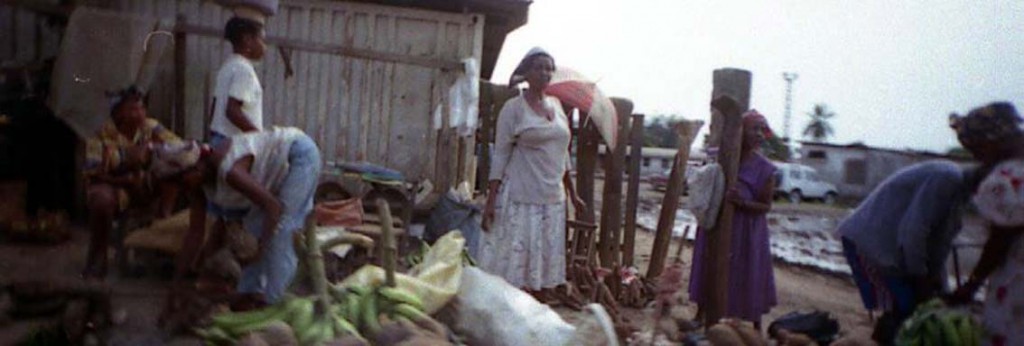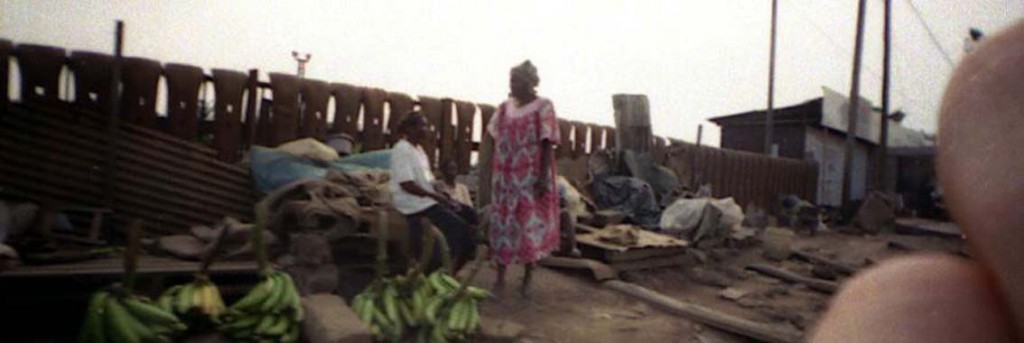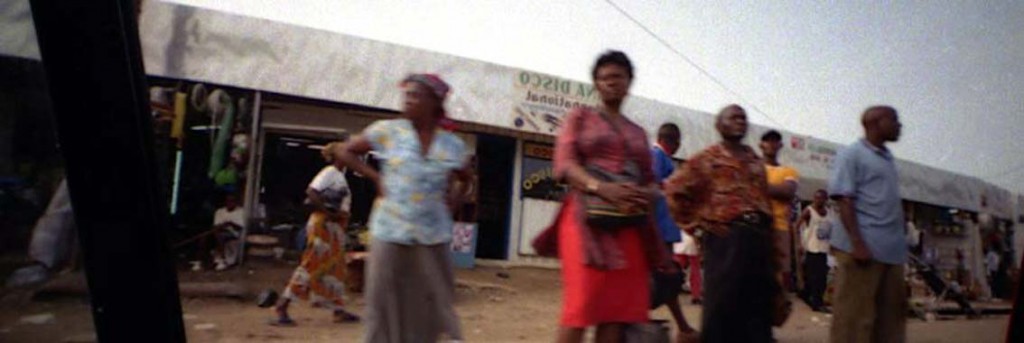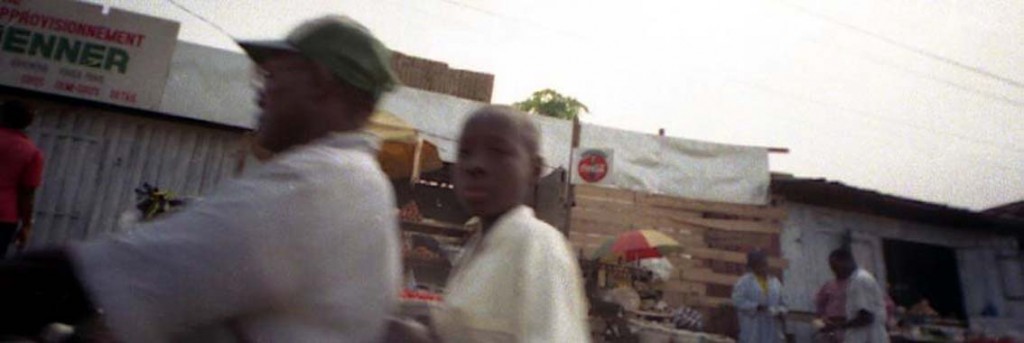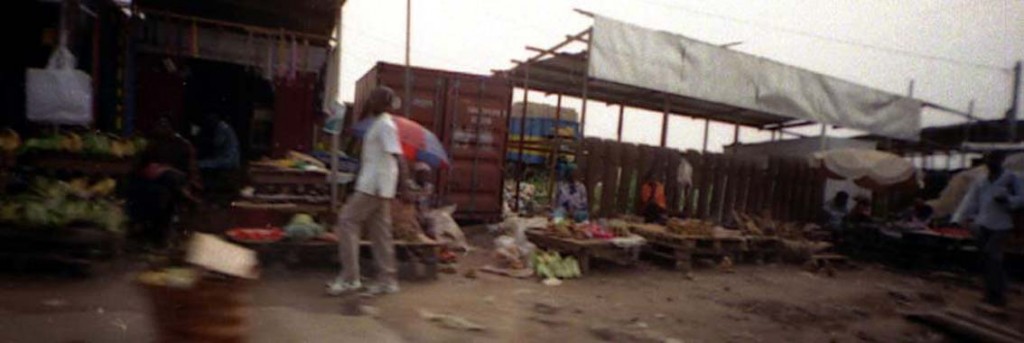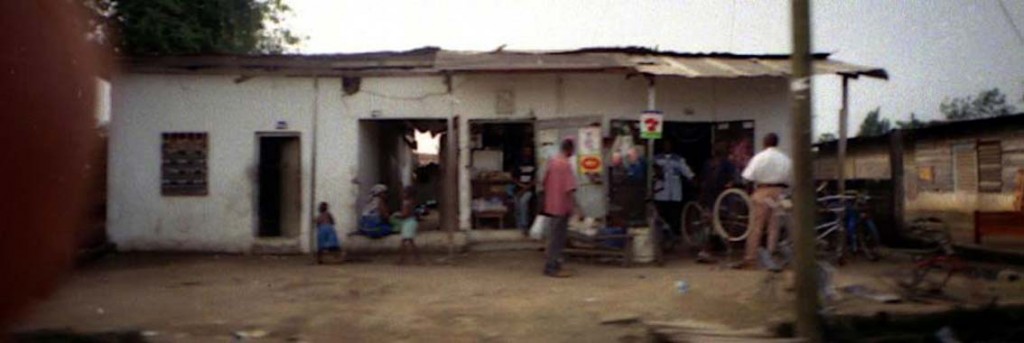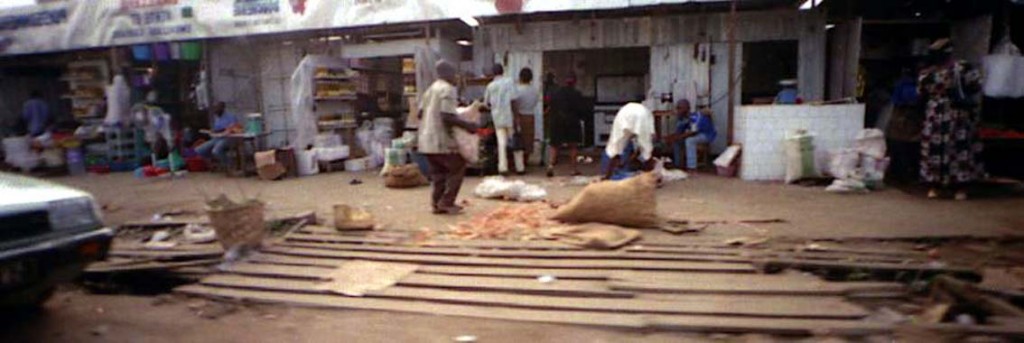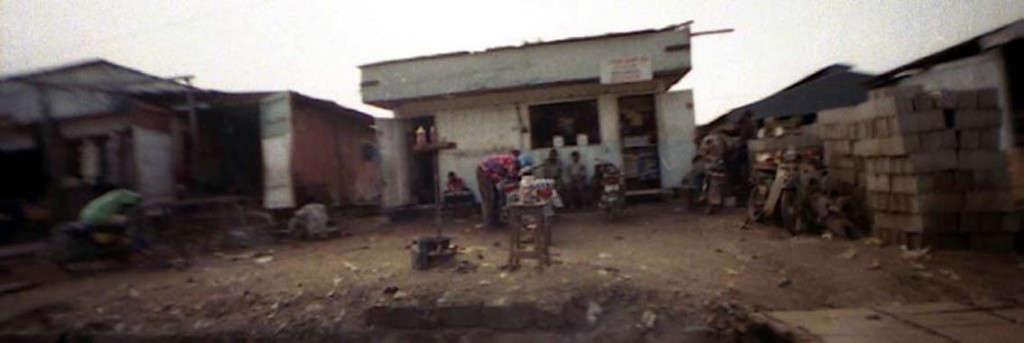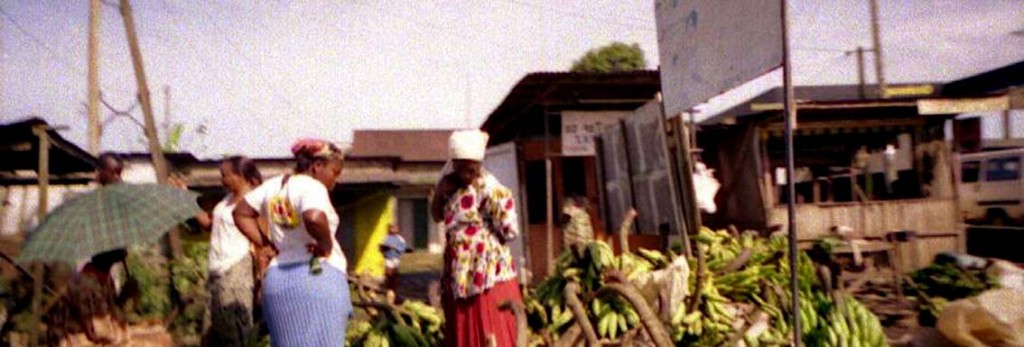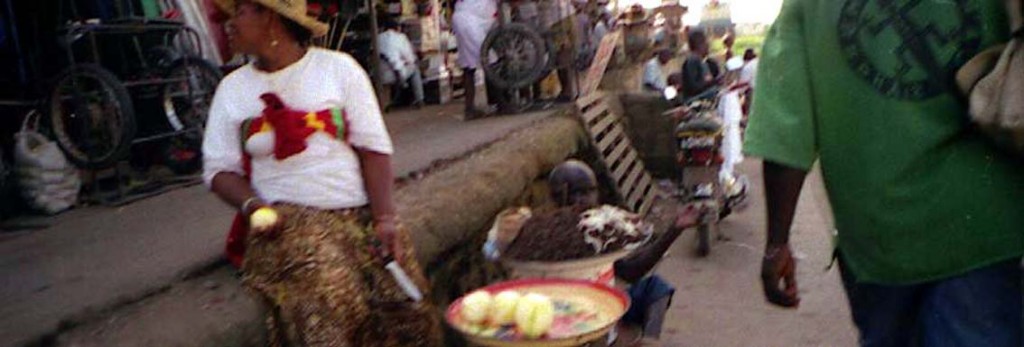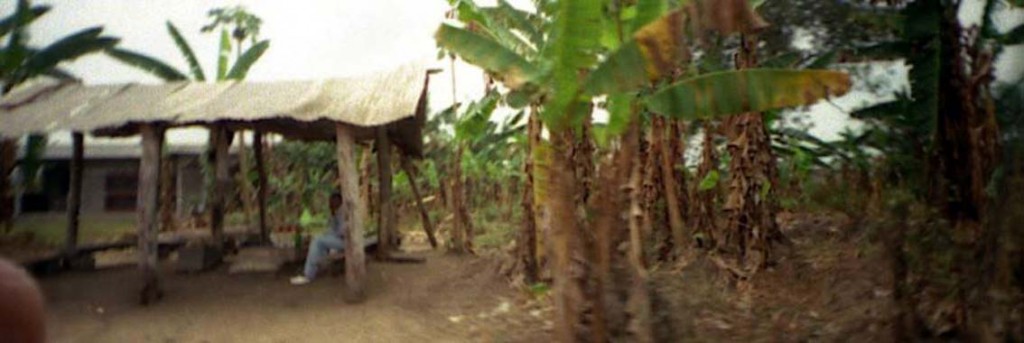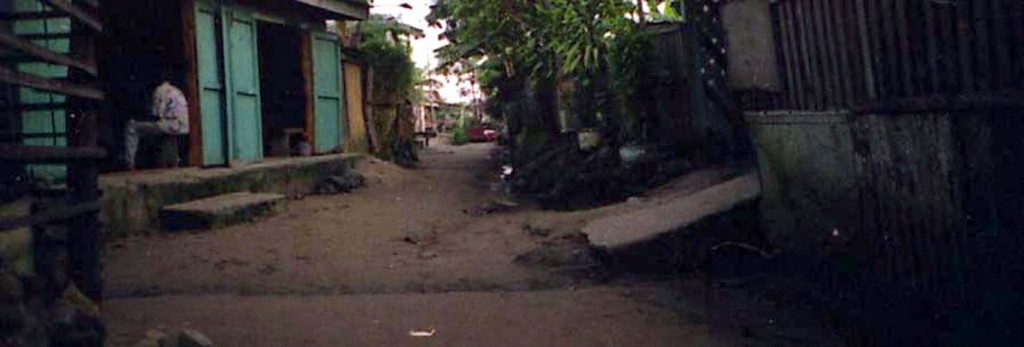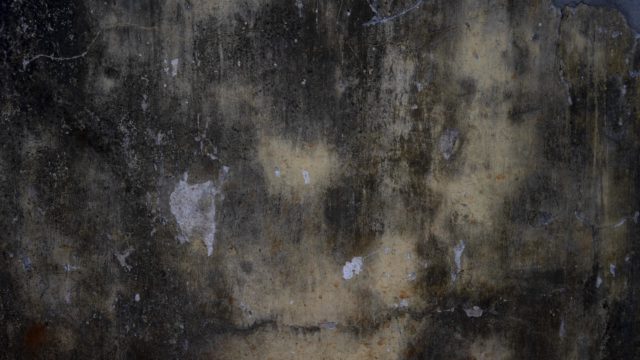
Esquisses photographiques
CONAKRY – 2019
Novembre 2019 – Kipé Kaporo – Conakry, dans le cadre du festival l’Univers des mots.
Voir site Play>Urban ICI
LE VERGER – UNE RECHERCHE
Une recherche visuelle autour de l’espace principal de ma famille, un verger, celui de mon grand père. Un mélange d’images contemporaines sur ce lieu, de son évolution, et d’archives familiales [en cours]. // A visual research on the main family space, an orchard, the one of my grand father. A mix of contemporary images about this place, and it’s evolution, and visual archives of the family. [In process].
The orchard series is a visual study about a place of my childhood, an orchard. It might disappear because of huge territorial mutations in the area [at the border between France and Switzerland], the possibility of a freeway directly on it. The orchard is still how it has always been, a presence of time, but the family no longer exist as such as a process of transmission. What will happen with the land, the old farms, the trees ? An intense place, full of memory but no longer a place where we really live in and clearly a place for speculation. For me beyond a personal history there, this space is about the ‘common’, it’s existence questions the world in which we want to live in.
« By ‘the common’ we mean, first of all, the common wealth of the material world – the air, the water, the fruits of the soil, and all nature’s bounty – which in classic European political texts is often claimed to be the inheritance of humanity as a whole, to be shared together. We consider the common also and more significantly those results of social production that are necessary for social interaction and further production, such as knowledges, languages, codes, informations, affects, and so forth. This notion of the common does not position humanity separate from nature, as either its exploiter or its custodian, but focuses rather on the practices of interaction, care, and cohabitation in a common world, promoting the beneficial and limiting the detrimental forms of the common. In the era of globalization, issues of the maintenance, production, and distribution of the common in both these sense and in both ecological and socioeconomic frameworks become increasingly central« . Toni Negri, Michael Hardt, Commonwealth, Preface.
VU D’AVION
Une recherche visuelle sans fin sur les espaces itinérants [une référence forte ici, étant un texte de De Certeau, Naval et carcéral – in L’invention du quotidien], en particulier les aéroports et les avions, vus comme « monde commun ». Être dans un aéroport et dans un avion est une expériences des plus paradoxales. Un espace & un temps hors du quotidien, à bien des égards beau et plein d’imaginaire, un moment intense où les règles du quotidien s’éloignent et où l’on vit des moments et des visions uniques. Peut-être entrons-nous dans un état de somnolence à cause de la pression de la cabine. Et en même temps, l’une des expériences les plus oppressantes et restrictives, un espace et un temps où votre vie en vient à dépendre pleinement d’une infrastructure extrêmement complexe et puissante, encadrante, façonnante, contraignante. Le délit n’est jamais loin [fumer dans les toilettes], la violence faite au corps est presque immédiatement là. Règles, contrôles, multiplication des contrôles, passagers expulsés, passagers arrêtés, sélection. La logique du camp est-elle à l’œuvre ? Je voyage beaucoup, et j’en suis venu à vivre ce paradoxe radical, qui n’est peut-être pas du tout un paradoxe. Et si un tel espace était un prototype pour un monde futur à venir ? Un espace absolument contrôlé où nos vies sont « sûres », douces, flottantes, où nous vivons dans un monde non réel intense et illusoire. Vous venez de terminer le contrôle des documents et vous êtes dans un centre commercial.
————————————————————————————————————–
An non ending visual research on traveling spaces [a strong reference here, being a text by De Certeau, naval et carcéral – in L’invention du quotidien], particularly airports and planes, seen as ‘common world’. Being in an airport and in a plane is one of the most paradoxical experience. A space & time out of the daily life, in many ways beautiful and full of imaginary, an intense moment where daily rules are away and where you experience unique moments and visions. Maybe we enter in a state of drowsiness because of cabine pressure. And at the same time, one of the most oppressive and restrictive experience, a space & time where your life comes to depend fully from an extremely complex and powerfull infrastructure, framing, shaping, obligating. The criminal offence is never far [smoking in the toilets], the violence to bodies is almost immediately there. Rules, controls, multiplication of controls, deported passengers, stopped passengers, selection. Is the logic of the camp at work ? I travel a lot, and I came to experience this radical paradox, which is maybe not a paradox at all. What if such a space is a prototype for a future world to come? An absolutely controled space where our lifes are ‘safe’, sweet, floating, where we live in an intense and illusory non real world. You just finish the documents control and you are in a shopping center.
RUES DE DOUALA – 2002
These images, made with argentic disposable photo cameras [looking like ordinary boxes], document a urbanity whose scale is close to human body, a city shaped by the actions of ordinary people, as urban space is most of the time abandoned by public institutions and services. The fact the pictures are mostly taken from a car is also about the fear I had while taking them. But it creates an insider and horizontal point of view, with at the same time a distance due to the panoramic format and the all dispositif [the car, cameras not looking like a camera]. This series is also part of a reflexive process about the meaning and responsibility of taking pictures, particularly anonymous people, in a non western context.
